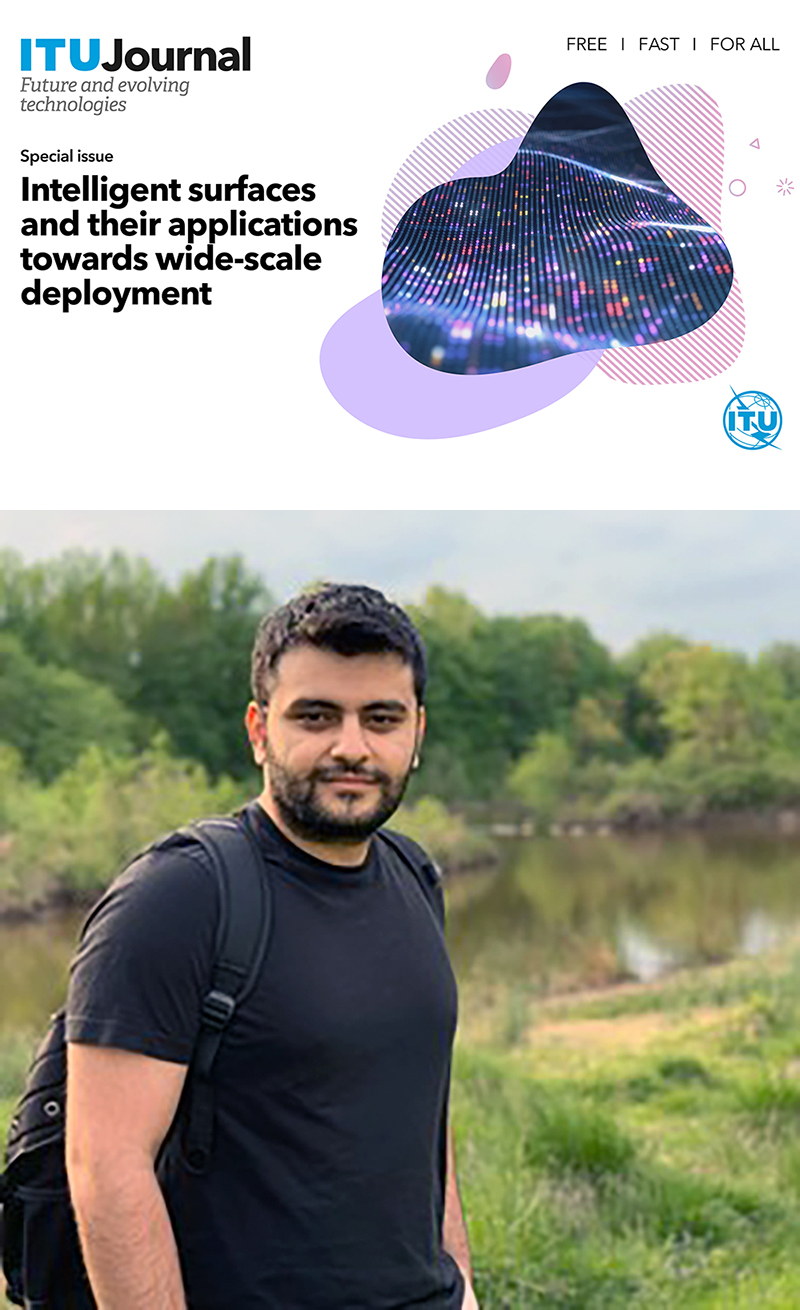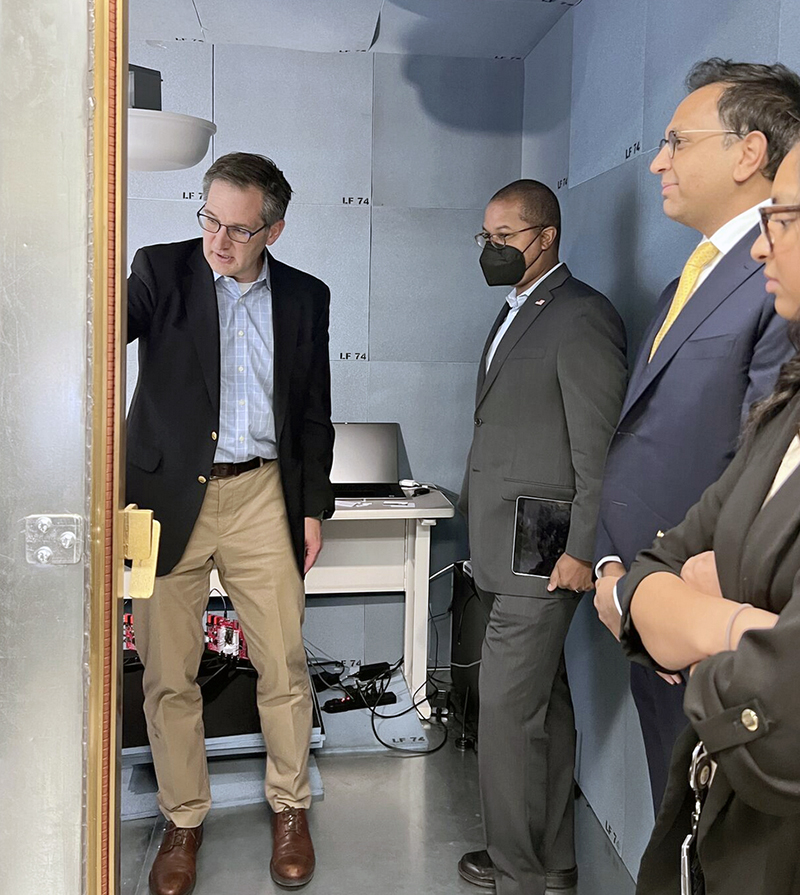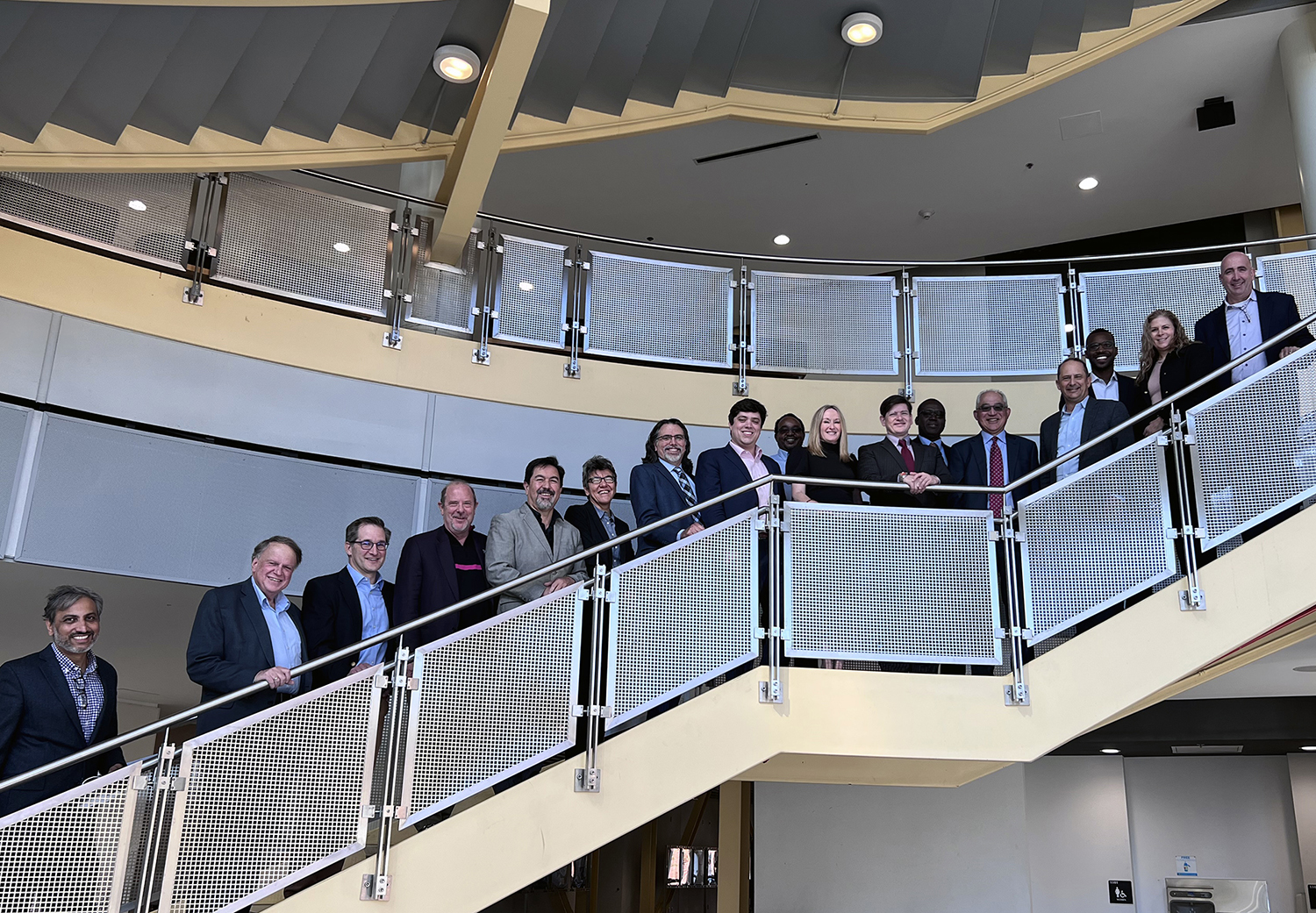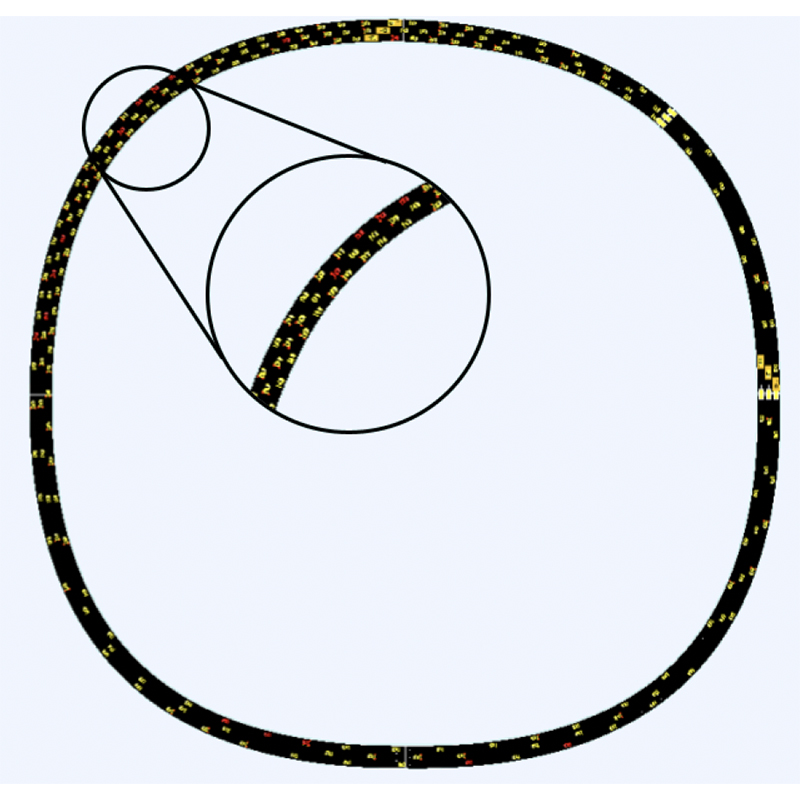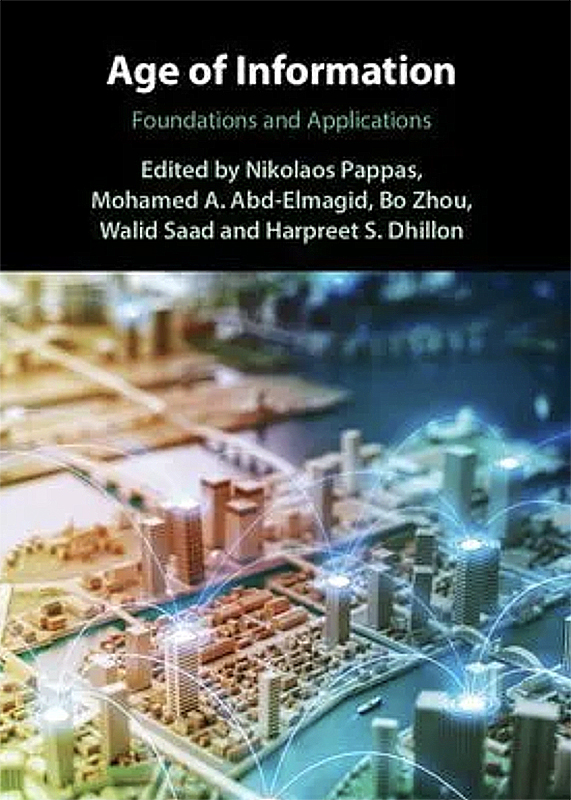News Story
ISR, HyNet and ARLIS team for 5G initiatives
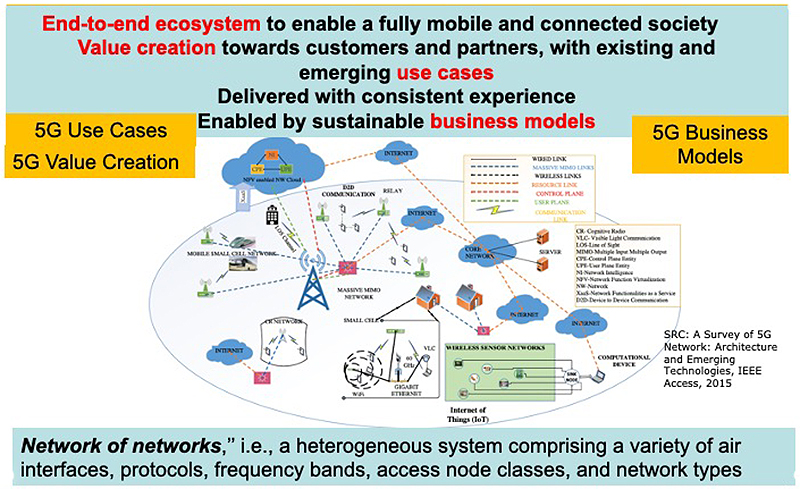
The Institute for Systems Research (ISR) and the Maryland Hybrid Networks Center (HyNet) are working with the Applied Research Laboratory for Intelligence and Security (ARLIS) to enhance its support to the Office of the Undersecretary of Defense for Research and Engineering (OUSD R&E) 5G office, which is orchestrating Department of Defense (DoD) efforts in 5G.
In the last decade, broadband wireless communications have become ubiquitous in all aspects of life, work and society. Ever-increasing video streaming of content, pervasive social networks, massively connected systems like sensor networks, factories and their supply chains, autonomous vehicles, and healthcare systems, have fueled an explosive need for more bandwidth, more availability, and higher quality of service.
During the COVID-19 pandemic, remote learning, working from home and telemedicine have added dramatically to these needs. These developments have led to the huge spreading of networked cyber-human-physical-systems (Net-CHPS) and to the new paradigm of a “network immersed world.”
To accommodate these needs, a major transformation has been taking place in telecommunication networks. While it has been developing over the past decade, its evolution has tremendously accelerated during the last five years. The technologies involved are 5G for the physical access layer, and software defined networks (SDN) and network function virtualization (NFV) for network operation and management.
These developments present significant opportunities for Institute for Systems Research (ISR) and HyNet research and development, as they take advantage of, and require significant innovations in, these institutions’ core competencies in control, communication and computing systems, and systems engineering.
In early 2016, Distinguished University Professor John Baras, with his research group and with Assistant Research Scientist Dr. Chrysa Papagianni, started an intensive initiative on these technologies. (Papagianni is currently an Assistant Professor with the University of Amsterdam, after two years with Nokia Bell Labs.) Their efforts created an SDN/NFV testbed within ISR and HyNet, and resulted in several plenary lectures on topics including SDN/NFV for 5G, 5G security, SDN and NFV security, smart cities, smart transportation and smart factories. The 5G vision is shown in the infographic. This group has already had several papers published.
Dr. Wayne Phoel of ISR and ARLIS joined this initiative in 2019, along with several other researchers. Momentum is currently at its highest. The Juniper Labs gift from Juniper Networks is an important component of this initiative, as is a 5G radio frequency (RF) test lab thanks to the efforts of Dr. Phoel. Both of these facilities are being installed in the A.V. Williams Building on campus.
The 5G initiative now has several collaborations with industry, including Nokia-Bell Labs, Booz Allen Hamilton, Leidos and Ericsson. There are also federal government agency collaborations with the Army Research Laboratory, the Naval Research Laboratory, the Department of Defense Research and Engineering Enterprise, the National Institute of Standards and Technology, and the National Cybersecurity Center of Excellence. In addition, there are international collaborations with the Technical University of Munich (Germany) and the Royal Institute of Technology (Sweden). These collaborations make possible new opportunities for linkage with testbeds and real-life problems associated with these emerging, exciting technologies.
This initiative and its implication for Future Networks, and association with relevant professional societies and activities in these areas, represents a major refocusing of the HyNet program towards Future Networks and these technologies. Current research includes dynamic network slicing management, hybrid architectures for 5G involving terrestrial 5G wireless UAVs and satellites, security and trust for 5G networks, security and trust in SDN/NFV, and the potential for 5G networks to include untrusted components (hardware or software).
Research is also being conducted in network virtualization and network as a service (NaaS), modeling and simulation of hybrid 5G networks, machine learning (ML) and artificial intelligence (AI) for learning and managing user needs, and quality of delivered service.
In addition to Drs. Baras and Phoel, five ISR/ECE Ph.D. students are currently conducting research on these topics. They are Anousheh Gholami, Mahshid Noorani, Nariman Torkzaban, Panagiotis Nikolaidis and Asim Zoulkarni. Several researchers from ARLIS and the Fraunhofer USA Center for Experimental Software Engineering also are participating.
An active search has been recently initiated to hire a full-time network systems engineer at ARLIS to support test and evaluation of both networking and RF experiments. The group is actively seeking additional graduate students interested in these exciting and rapidly developing technical areas. The group offers exciting research internships through its external collaborating industry and government labs. The group is also involved in educational innovations and new offerings addressing the growing demand for technically competent manpower in these critical technologies for life, work, economy and society.
Published February 19, 2021
